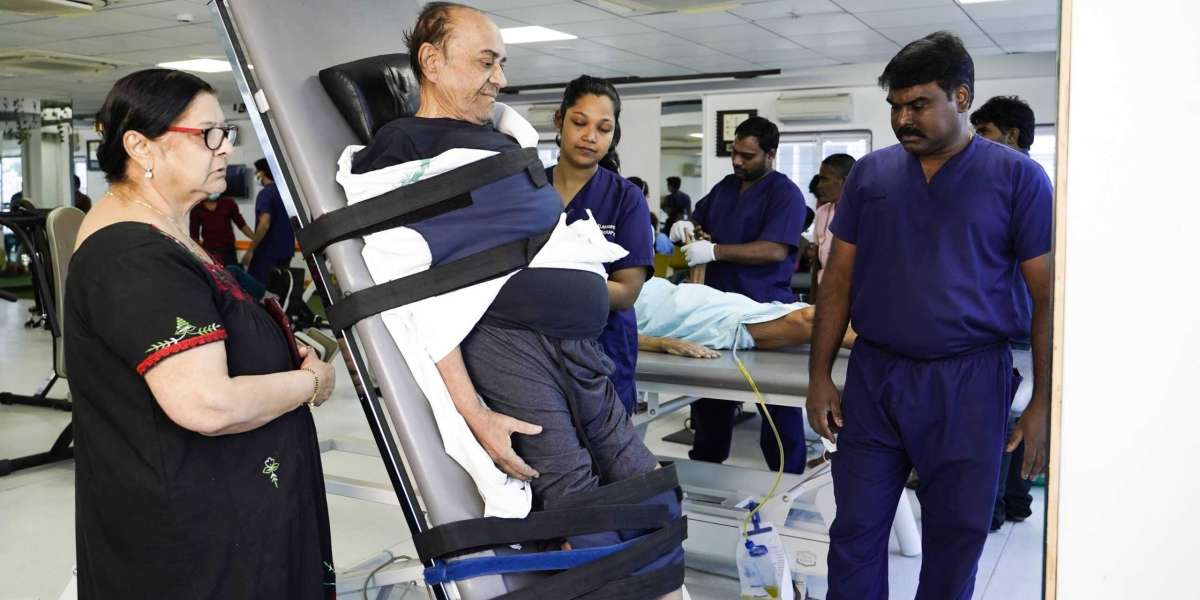Understanding Drug Addiction
Drug addiction is a complex and challenging issue affecting many individuals and families in New Jersey. With various substances involved, including opioids, alcohol, stimulants, and more, addiction can lead to severe physical, emotional, and social consequences. Recognizing the need for effective treatment options, New Jersey offers a range of nj drug rehab programs designed to help individuals reclaim their lives.
Types of Drug Rehab Programs in New Jersey
New Jersey provides diverse treatment options to cater to the varying needs of individuals struggling with drug addiction:
Inpatient Rehabilitation:
- Inpatient rehab programs require individuals to reside at a treatment facility for an extended period, typically ranging from 30 to 90 days. This immersive environment provides round-the-clock medical supervision and intensive therapeutic support, making it ideal for those with severe addiction or co-occurring mental health disorders.
Outpatient Rehabilitation:
- Outpatient programs allow individuals to receive treatment while living at home. This flexible approach is suitable for those with milder addictions or those transitioning from inpatient care. Patients attend therapy sessions and support groups on a scheduled basis, which helps them maintain daily responsibilities.
Partial Hospitalization Programs (PHP):
- PHPs offer intensive care during the day, with individuals returning home in the evenings. This format combines the structure of inpatient treatment with the flexibility of outpatient programs, catering to those who require substantial support without full-time residential care.
Detoxification Services:
- Many rehab centers in New Jersey provide medically supervised detox services to help individuals safely manage withdrawal symptoms. This critical first step is often necessary before entering a comprehensive treatment program.
Holistic Treatment Options:
- Some facilities incorporate holistic therapies such as yoga, meditation, art therapy, and nutrition counseling. These approaches address the emotional and spiritual aspects of addiction, promoting overall well-being alongside traditional treatments.
Support Groups:
- Peer-led support groups, like Narcotics Anonymous (NA), play a vital role in the recovery process. These groups foster a sense of community, accountability, and shared experiences, helping individuals stay committed to their sobriety.
The Drug Rehab Process
The journey through drug rehab typically involves several key steps:
Assessment:
- Upon admission, individuals undergo a thorough assessment to evaluate their substance use history, mental health status, and any co-occurring disorders. This evaluation helps create a personalized treatment plan tailored to individual needs.
Detoxification:
- For those requiring detox, medical professionals monitor the process to ensure safety and comfort. This phase focuses on managing withdrawal symptoms effectively.
Therapeutic Interventions:
- After detox, individuals engage in various therapeutic approaches, including individual therapy, group therapy, family therapy, and life skills training. These sessions aim to address the underlying causes of addiction and develop healthier coping mechanisms.
Relapse Prevention Planning:
- A critical component of rehab is preparing individuals for life after treatment. This involves developing a relapse prevention plan, identifying triggers, and learning strategies to manage cravings.
Aftercare Planning:
- As individuals prepare to transition out of rehab, aftercare planning is essential. This phase includes discussing ongoing therapy options, support groups, and community resources to ensure continued support and accountability.
Benefits of Drug Rehab in New Jersey
- Comprehensive Care: New Jersey rehab programs focus on treating the whole person, addressing physical, emotional, and psychological aspects of addiction.
- Supportive Environment: The structured setting of rehab facilities minimizes distractions and triggers, allowing individuals to concentrate on their recovery.
- Access to Resources: Many rehab centers offer additional resources, such as job training and educational programs, to support individuals in rebuilding their lives post-treatment.
- Community Connection: Engaging with others who share similar experiences fosters a sense of belonging and support throughout the recovery process.
Choosing the Right Drug Rehab Center
When searching for a drug rehab center in New Jersey, consider the following factors:
- Accreditation and Licensing: Ensure the facility is accredited and licensed, indicating adherence to quality care standards.
- Treatment Approaches: Research the specific therapies and programs offered to find a center that aligns with your needs and preferences.
- Location: Decide whether you prefer a facility close to home for family support or one further away to create distance from triggers.
- Insurance Coverage: Check with your insurance provider to understand coverage options and any potential out-of-pocket costs.
- Success Rates: Inquire about the facility's success rates and read testimonials from former patients to gauge the effectiveness of their programs.
Conclusion
Drug rehab in New Jersey offers essential resources and support for individuals seeking recovery from addiction. With various treatment options available, these programs focus on comprehensive care, medical support, and therapeutic interventions, helping individuals develop the skills necessary for lasting recovery. If you or someone you know is struggling with drug addiction, reaching out to a rehab center can be a crucial step toward a healthier, sober life. Remember, recovery is a journey, and support is available every step of the way.
 Meet Ups
Meet Ups
 Experiences
Experiences
 Learning Center
Learning Center
 Accommodation
Accommodation
 Roomie
Roomie
 Ride
Ride
 Spread the Word
Spread the Word
 Student Bazaar
Student Bazaar
 Jobs
Jobs
 Blogs
Blogs
 Yaklaşık StudentInsta
Yaklaşık StudentInsta

